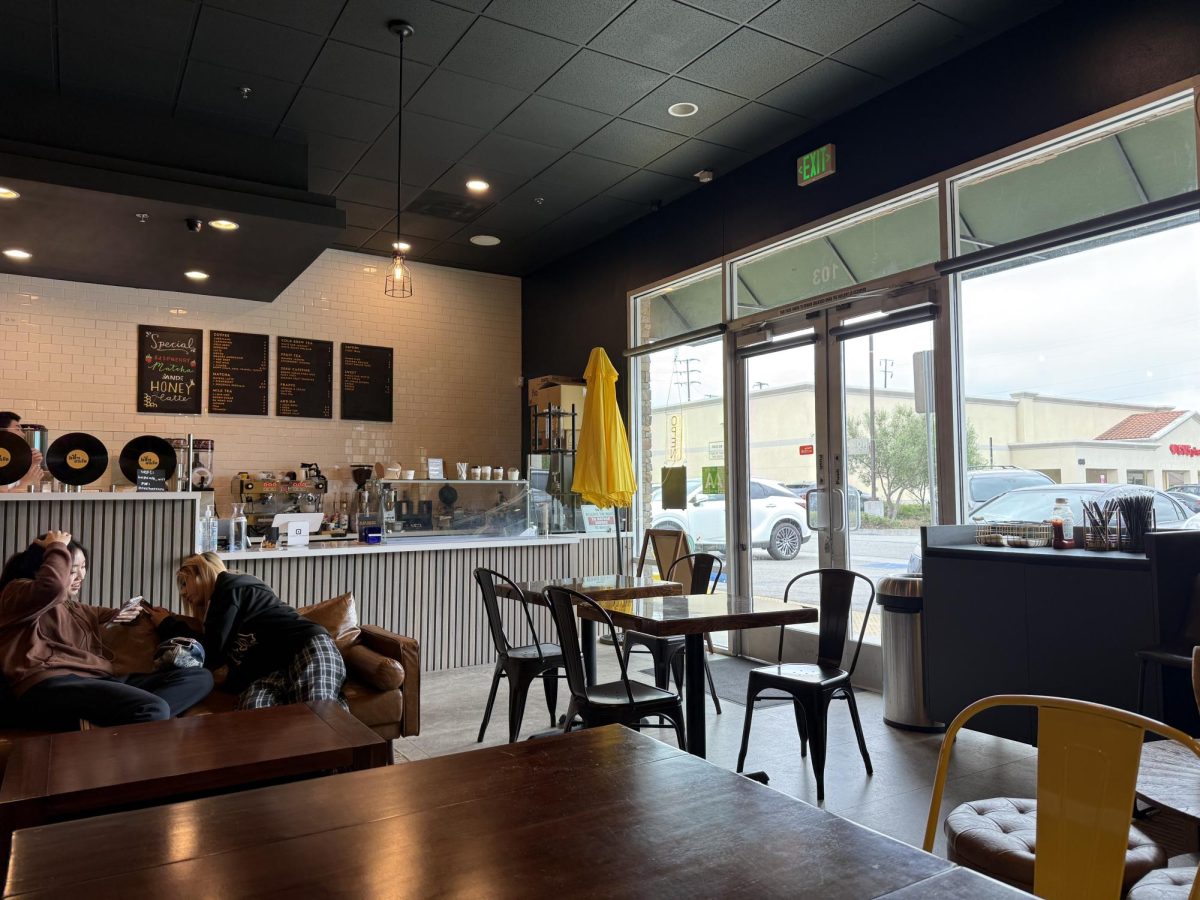Language is a tool for people to convey their emotions, thoughts, and ideas. Like a living organism, language evolves over time. It is one of the most important things in life, as it has the power to unite or divide. Teenagers, as well as social media, play a significant role in this linguistic evolution, shaping the way we communicate.
Similar to how language is influenced by geographical location, culture, and ethnicity, it is also shaped by friends, a person’s identity, and the internet.
Arcadia High School (AHS) junior Megan Wong often uses slang such as “slay,” “period,” “girlboss,” and “ate.” The word “slay,” originally meaning “to kill violently,” now has a popularized meaning that has been added to the Cambridge and Merriam-Webster Dictionary— “to do something or perform exceptionally well or impressively.”
New words are constantly being added to the dictionary. For example, this September, the Merriam-Webster Dictionary added 690 words to its dictionary, of which many are slang that teenagers commonly use, such as “girlboss”— “an ambitious and successful woman (especially a businesswoman or entrepreneur).”
Teenage years are a phase of growth and development, and as social groups change, so will the use of language.
“Normally, I am influenced by my friends, or I hear it off of social media,” said Wong. “I think the internet perpetuates this [language development].”
For example, the term “lit” gained popularity through hip-hop music and social media. As celebrities and influencers used it to describe exciting moments, it quickly became a staple in teenage vocabulary. Similarly, the term “savage” has roots in internet culture, where it was used to praise bold and unapologetic behavior. The word “cap” meaning “lie” originated from African American Vernacular English (AAVE) and is also commonly used in hip-hop and rap culture; the phrase “no cap” is used to emphasize the truthfulness of something.
While teenagers use slang, most still retain proper speech especially when talking to adults and in writing. Lillyanna Torres is an AHS freshman who often uses slangs such as “slay,” “bye,” “lit,” and “fire,” especially while texting, yet she still maintains a grasp of formal language in certain settings.
“Anytime I’m talking to adults and writing an essay, I would not use [slang],” said Torres.
“I don’t necessarily believe that it is important for older generations to learn about teenage words because their lack of knowledge regarding slang doesn’t seem to affect them negatively,” said sophomore Kaitlyn Fong. “However, I believe that if they want to improve their communication with the younger generation, especially those they interact with regularly, they should probably consider whether or not it’s worth that effort before making an effort to learn modern slang.”
Since slang can be easily interpreted through context clues and can be replaced with more common words, it does not hinder communication between adults and teens. Rather, the shared use of language strengthens connections with others and is a means for bonding, especially for teenagers and Gen Zers.
“I think new slang are just ways for people to get more connected by ‘bonding’ over a new funny term that is used in a daily conversation,” said Wong. “When someone does something cool or something funny in general, I could use any of the slang [I] mentioned [such as slay, period, girlboss, and ate].”
The way teenagers speak can be quite unconventional. No cap. But it is a powerful way of self-expression and bonding that can be interesting to pay attention to. Period.







